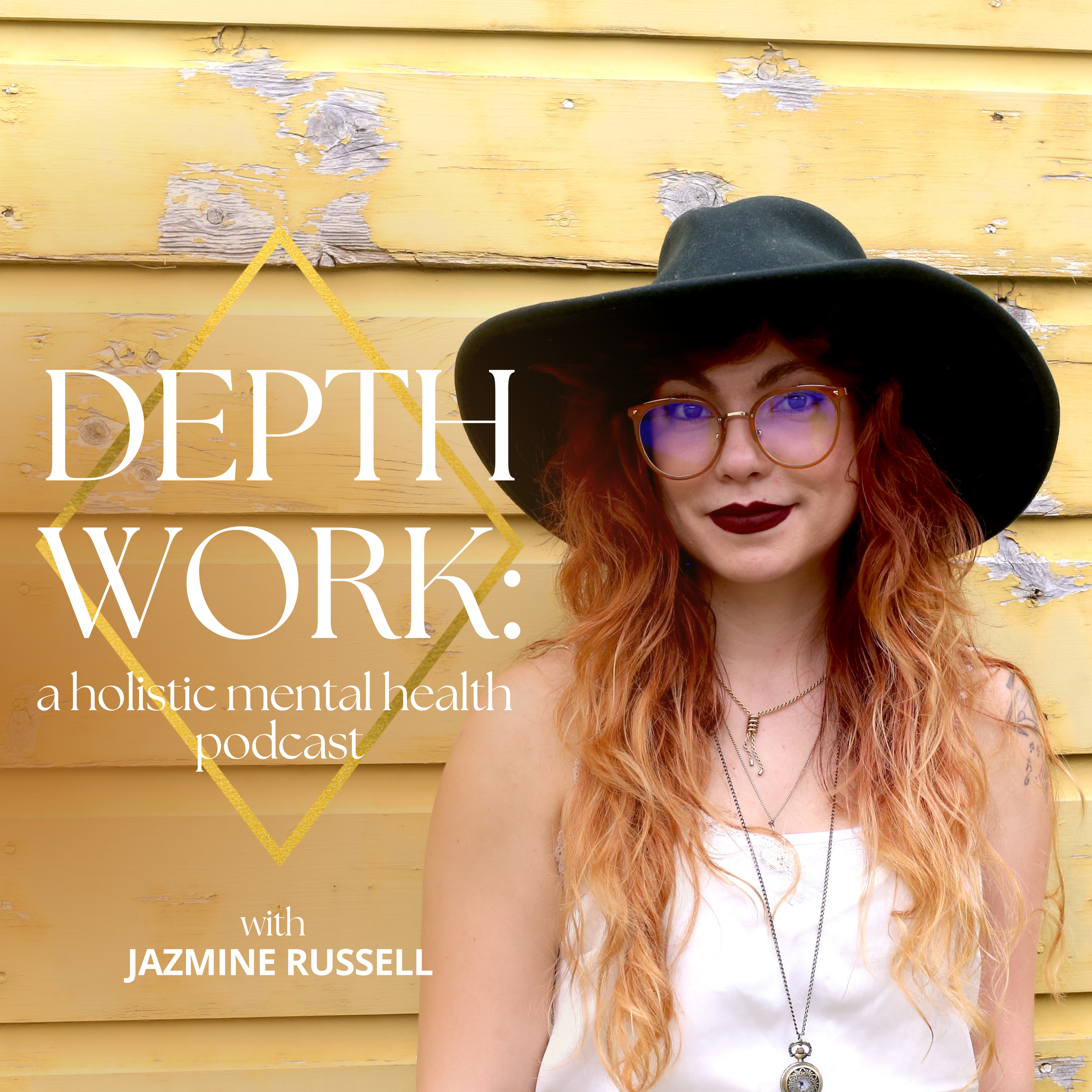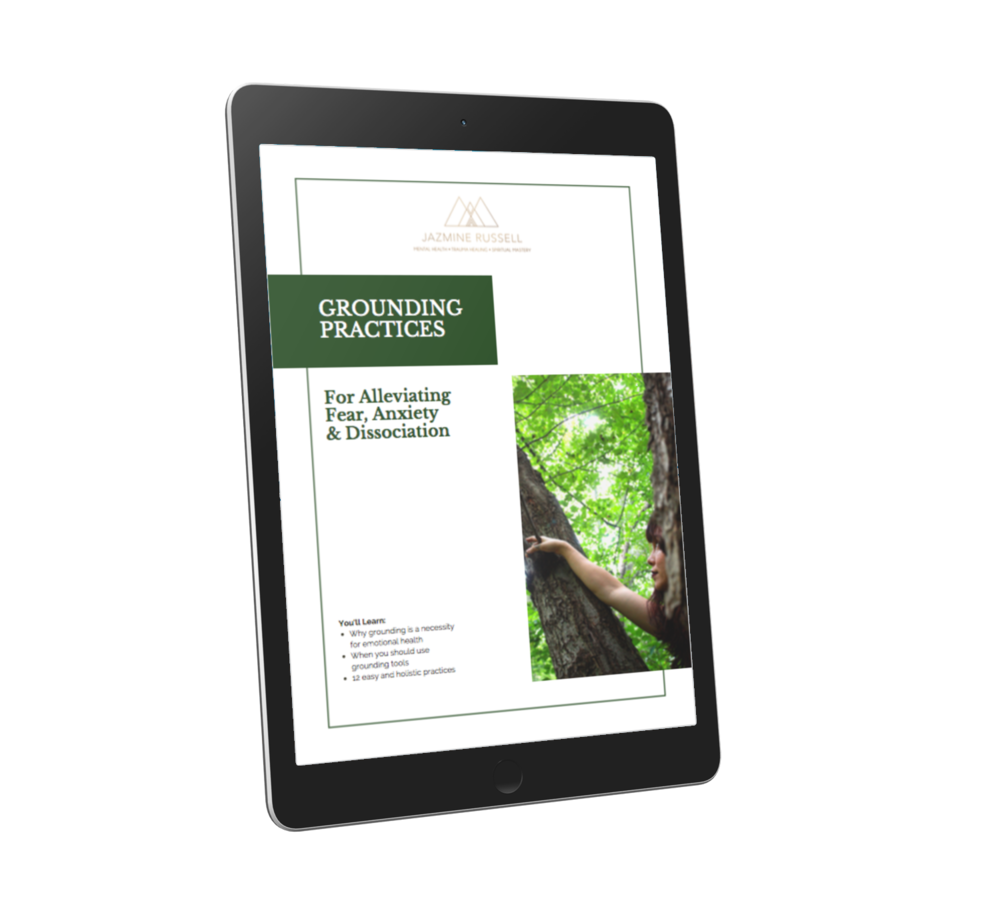The Problem with Mental Health Diagnoses: Critiques of the DSM in 2023
Why are so many mental health professionals, researchers, and activists critiquing the Diagnostic and Statistical Manual of Mental Disorders (DSM) or searing for other ways of understanding mental health concerns? In this episode of Depth Work, we dive deep into the implications of labeling and codifying human experiences, and unravel the hazards of pathologizing human behavior, especially when we don’t have the scientific evidence to back it up.
Why some clinicians Are Abandoning the DSM
Mental health clinicians and researchers have begun to voice their reservations about the DSM, citing its statistical unreliability and invalidity. A recent article in neuroscience news called the DSM “scientifically meaningless.” They highlight the arbitrary creation of disorders and criteria by a small group of psychiatrists, often lacking substantial scientific research. Mental health concerns cannot be mapped onto objective measures, leaving much room for circular logic and the erasure of root causes (see below for more research cited in the episode).
The Pitfalls of Labeling and Codifying Human Experiences
Critiquing the DSM involves challenging the notion that a small group of individuals get to define normal versus abnormal human behavior, a task that can become incredibly sketchy and rife with ethical and value judgements. The subjective nature of this project, devoid of biomarkers for mental health concerns, raises significant concerns. Who holds the authority to determine what is considered normal or abnormal? What are the potential harms that arise from utilizing this flawed system?
The DSM and Its Sociopolitical Underpinnings
The Diagnostic and Statistical Manual of Mental Disorders is not free from the influence of the society that birthed it. Western capitalistic agendas and the human desire to label phenomena converge within the DSM. Diagnostic labels often oversimplify the complexity and origins of our behaviors and experiences. Diagnoses may tell us little about individuals' genuine needs and the personal and societal context in which they exist. When we pathologize human behavior and emotion, we neglect the complex reasons behind these expressions in our respective social contexts. Behaviors labeled as symptoms of a disease often go unexamined, preventing us from understanding what changes may be necessary on personal and societal levels.
“The DSM and the disease model of mental health in general, makes no real attempt to find the origins or the roots of mental health concerns. Diagnoses tell us very little about what a person actually needs and which needs personally and societally are or aren’t being met.”
What You’ll learn in this episode:
Limitations of labeling and codifying human experiences
Reliability and validity of the DSM and the absence of biomarkers
The development of the DSM and its political underpinnings
Why pathologizing can be antithetical to healing
“When we pathologize human behavior and emotion, we automatically are choosing to not understand why these behaviors make sense in context and why they shouldn’t necessarily be eradicated. Maybe these behaviors are telling us something about what needs to change in ourselves or in society. Pathologizing human behavior as symptoms of a disease, to be eradicated without looking at any of its roots is antithetical to healing. Removing ambiguity and creating certainty through labels and certain courses of treatment when someone’s in a mental health crisis, can be soothing and at times can be necessary. But that doesn’t make it healing.”
DEPTH Work - A Holistic Mental Health Podcast
This is a space for those who love to dive into the underbelly, to revel in the mystery, question assumptions about what is normal, play in the both/and, and honor the wide range of human emotions.
As a complex trauma survivor, holistic counsellor and co-founder of a mental health institute, I learned that there is immense wisdom in our pain and what we call crazy is just what we are yet not willing to understand and explore. Let’s dive in!
Links:
The Institute for the Development of Human Arts - www.IDHA-NYC.org
Research:
Kate Allsop’s Research in Neuroscience News: https://neurosciencenews.com/meaningless-psychiatric-diagnosis-14434/
Cracked: Why Psychiatry is Doing More Harm Than Good by James Davies
The Reliability of Psychiatric Diagnoses: https://www.ncbi.nlm.nih.gov/pmc/articles/PMC2990547/ &
https://www.frontiersin.org/articles/10.3389/fpsyt.2017.00101/full
New Version of DSM critique https://www.madinamerica.com/2022/02/new-dsm-coming/
RDOC - https://www.nimh.nih.gov/research/research-funded-by-nimh/rdoc
JAMA article on other biological factors https://jamanetwork.com/journals/jamapsychiatry/article-abstract/2804355
Once Radical Critiques of Psychiatry are Now Mainstream, So What Remains Taboo? by Bruce Levine
Criticisms of psychiatry: https://www.psychiatrictimes.com/view/its-time-for-us-to-stop-being-so-defensive-about-criticisms-of-psychiatry
GROUNDING PRACTICES:
FOR ALLEVIATING FEAR, ANXIETY & DISSOCIATION
12 SIMPLE GROUNDING PRACTICES TO HELP YOU COME BACK TO YOUR BODY















